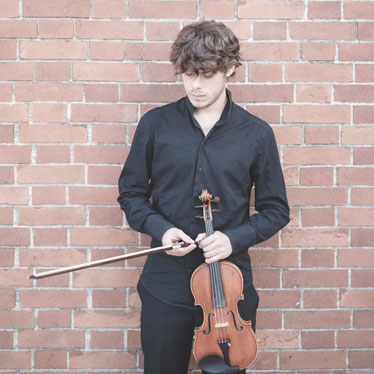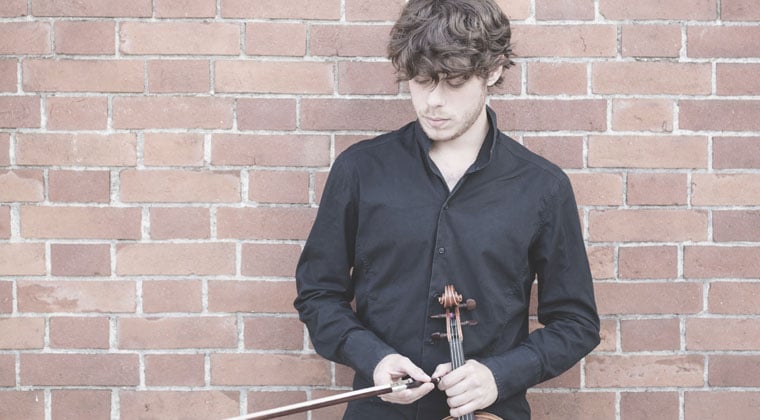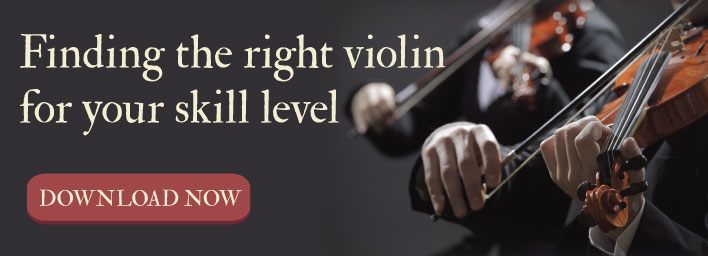
Best music schools
 When choosing a college or higher educational platform, serious musicians who want to pursue a career in the art of music excellence know that the best music schools offer many advantages for achieving that goal. Along with expert instructors and a focus driven curriculum, students attending the best music schools get the benefit of first-rate facilities, touring performances, great educational music resources and likeminded peers who share the same competitive intensity and determination to succeed.
When choosing a college or higher educational platform, serious musicians who want to pursue a career in the art of music excellence know that the best music schools offer many advantages for achieving that goal. Along with expert instructors and a focus driven curriculum, students attending the best music schools get the benefit of first-rate facilities, touring performances, great educational music resources and likeminded peers who share the same competitive intensity and determination to succeed.
State universities offer excellent music programs in addition to a wider range of educational options, but for those individuals who know the discipline they want to excel in, a dedicated school or conservatory can offer the superior instruction they’ll need to reach their goals.
If you’re considering attending a top music school, this list of the best music schools in the US can get you started in the right direction. Many of these schools will be easily recognized, but when researching the best music school to meet your particular goals, don’t forget to spend some time learning about conservatories within a university, and the programs offered through that avenue.
Juilliard School: This world-renown school in New York offers superior music, dance, and drama conservatories. Highly competitive acceptance and enrollment requirements keep their standards exceptional; and students who aspire to attend this music school should be prepared to meet rigorous guidelines for performance. In fact, only about five percent of applicants are accepted. But, for the dedicated few who achieve it, you’ll join the ranks of alumni such as Yo Yo Ma and other famous professionals, and receive instruction from notable Grammy and Oscar winners.
Manhattan School of Music: A large music conservatory (about 900+ students), this school boasts members of the New York Philharmonic, Lincoln Center Jazz Orchestra, and the Metropolitan Opera on their faculty staff.
Mannes College and the New School for Music: Following the traditions of the first two on the list, this conservatory offers undergraduate and graduate studies in performance, voice, and composition. Serious violinists have access to a superior classical music program through this consortium of colleges located on the Upper West Side and in Greenwich Village.
The Eastman School of Music: Consistently ranked as one of the best music schools, enrollees in this Rochester, NY school will join about 250 others in studying music education, jazz, opera training, and composition.
But, New York doesn’t own the monopoly on the best music schools, they are found all across the US and throughout the world.
Berklee College of Music: This large school (about 4,000 students) offers a distinctive study on contemporary music styles and includes instruction on how music and new technologies interact. Jazz, hip hop, blues, and songwriting programs abound at this large school that was founded in 1945 by an MIT engineer. Located in Boston, students who are accepted here can expect to receive instruction for the “music of today and tomorrow.”
Curtis Institute of Music: Alternately, this selective school in Philadelphia with approximately 160+ students was founded in 1924 and is closely connected with the Philadelphia Orchestra. If your goal is to become a first chair violinist, the intimacy and instruction at this music school can get you there.
San Francisco Conservatory of Music: A step away from the Opera House and the Davies Symphony Hall, this school educates about 400 students who are pursuing undergraduate and master’s degrees in a variety of disciplines.
Some other notable music programs that are connected with universities include the Jacobs School of Music which is associated with Indiana University at Bloomington, the University of Michigan at Ann Arbor, and Rice’s Shepherd School of Music.
Students who are interested in attending one of the best music schools should keep in mind that these schools require specific application processes, which are quite different from traditional universities. Be prepared to exhibit your talents through auditions, essays, and specified music theory entrance exams.
It’s also a good idea to start looking early and to explore exactly what you want to achieve with your music degree.


